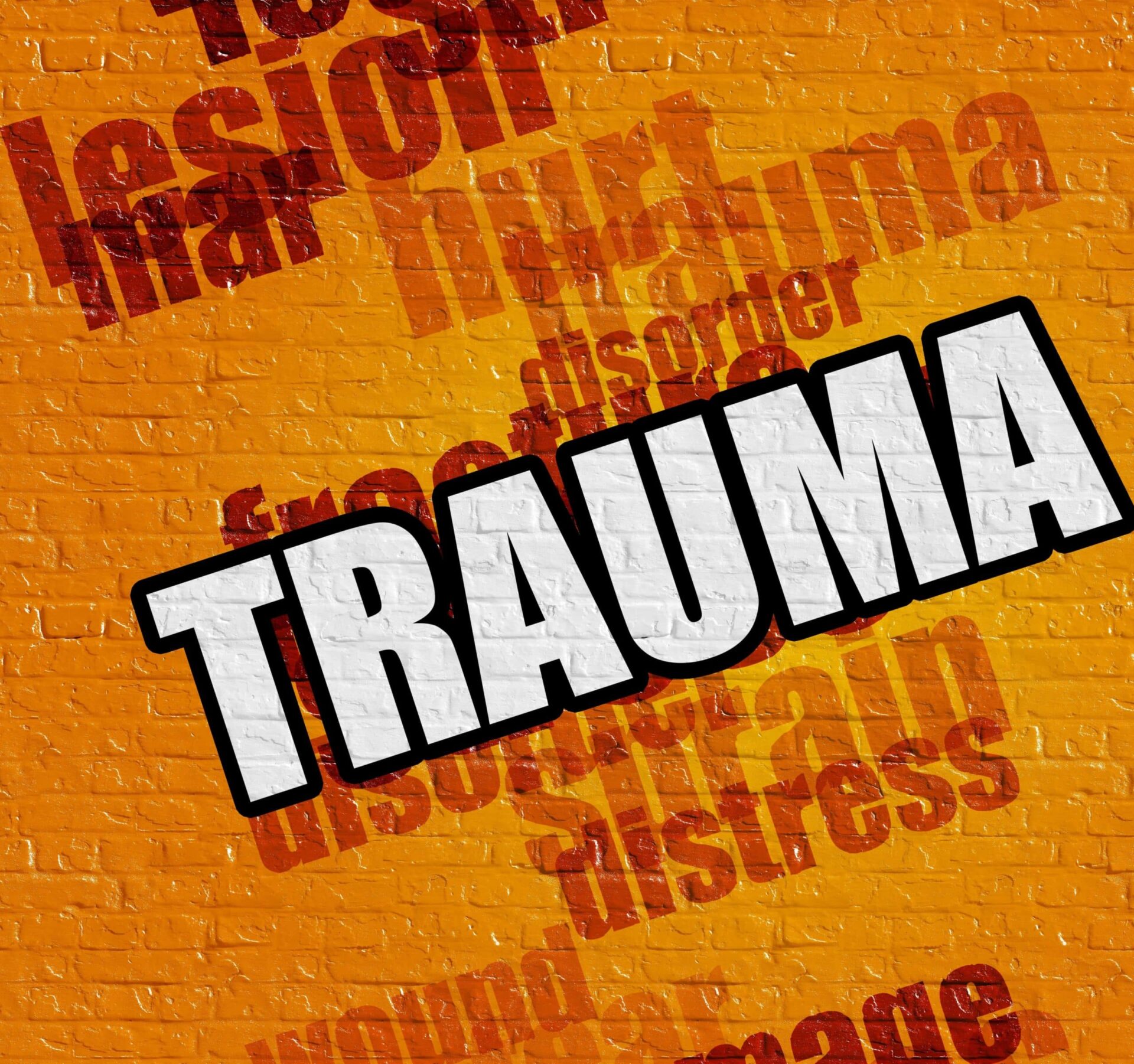“The essence of psychological trauma is the loss of faith that there is order and continuity in life. Trauma occurs when one loses the sense of having a safe place to retreat within or outside of oneself to deal with frightening emotions or experiences.”
Bessel A. van der Kolk, MD
Relational trauma can be a confusing issue to deal with, partly because it’s cumulative. It’s not one incident but many small attitudes, incidents, and dynamics that span time. It’s easy to lose track of when something happened, how often it happened, or what exactly it was that was painful, particularly if the trauma was some form of neglect, emotional abuse, or disinterest. Filling in a timeline with a trauma journal helps to make these issues and dynamics visible. It can also reveal significant incidents, ongoing dynamics, and what periods felt relatively safe and happy.
Filling in a timeline with a trauma journal helps to make these issues and dynamics visible.
What Is Complex Relational Trauma?
Complex relational trauma can come from physical, sexual, or emotional abuse. Unlike trauma, relational trauma is repeated and lasts for a significant period. While both types of trauma are damaging, complex relational trauma has a more lasting impact, especially on how a person relates to others.
Most relational trauma stems from child abuse, which damages a child’s brain development. During this time, children are learning how to relate to others and develop important attachments. When this process is derailed by complex trauma, it can significantly hinder a child’s attachments and relationship skills.
Adults can also experience complex relational trauma. Many people have already experienced trauma during childhood, so they’re more prone to mistreatment as adults. Often, this type of trauma comes from the people we’re closest to, including family members and intimate partners.
The 5-Year Exercise
Next to or within each five-year span, write a few words that refer to something, some relationship dynamic, or some ongoing situation that you experienced as traumatic.
Note: neglect can be traumatic as well as abuse, divorce in the family, addiction, siblings or parents leaving, accidents, hospitalizations, family illness, etc. the idea here is to understand how you experienced it, not whether or not it fits some criteria as to what is formally called trauma. Write down in your trauma journal whatever comes to mind in this category, which we’re discussing in the appropriate lines.
0 yrs __________________________________________________________________
5 yrs__________________________________________________________________
10 yrs __________________________________________________________________
15 yrs __________________________________________________________________
20 yrs __________________________________________________________________
25 yrs __________________________________________________________________
30 yrs __________________________________________________________________
35 yrs __________________________________________________________________
40 yrs __________________________________________________________________
45 yrs __________________________________________________________________
50 yrs __________________________________________________________________
55 yrs __________________________________________________________________
60 yrs __________________________________________________________________
65 yrs __________________________________________________________________
70 yrs __________________________________________________________________
75 yrs __________________________________________________________________
80 yrs ___________________________________________________________________
85 yrs ____________________________________________________________________
90 yrs __________________________________________________________________
95 yrs __________________________________________________________________
100 yrs __________________________________________________________________
Answer the Following Questions:
What jumps out at you as significant when you look at your timeline?
___________________________________________________________________
___________________________________________________________________
What was a particularly difficult period in your life?
___________________________________________________________________
___________________________________________________________________
What were the silver linings, what were the gifts of trauma?
___________________________________________________________________
___________________________________________________________________
Were there periods that were relatively easy and good?
___________________________________________________________________
___________________________________________________________________
What painful relational dynamics from the past are you still living out today?
___________________________________________________________________
___________________________________________________________________
Inner Child Work: Having an Inner Dialogue
“Mentally reverse roles” with yourself anywhere along the Trauma Timeline continuum and write a journal entry speaking “as” that part of self, e.g., “I am Shahara, I am eight years old and I am” or “I am Hank, I am around thirteen and I just . . .”
After you have completed your trauma journal entry “answer back” from your “adult role” of today. In other words, begin a journaling dialogue between the two parts, your childhood self, and your adult self, and allow your adult to help your child or adolescent self learn to talk about your experience rather than hide it from your adult self and allow your adult self to listen to, support, and guide your child self.
CHILD/ADOLESCENT ROLE: I am ______________. I am ___ years old and I .
___________________________________________________________________
ADULT ROLE: (Answering back to your child self from your adult self)
___________________________________________________________________
CHILD/ADOLESCENT ROLE: I am ______________. I am ___ years old and I .
___________________________________________________________________
ADULT ROLE:
___________________________________________________________________
CHILD/ADOLESCENT ROLE: I am ______________. I am ___ years old and I .
___________________________________________________________________
ADULT ROLE:
___________________________________________________________________
End this exercise by writing a few sentences to yourself as a child from where you are today, what you know now that you didn’t know then.
___________________________________________________________________
___________________________________________________________________
___________________________________________________________________
___________________________________________________________________
___________________________________________________________________
Because relational trauma isn’t recognized as an official mental health disorder, many individuals seeking treatment often already struggle with a co-occurring condition.
Seeking Treatment for Relational Trauma
Experiencing trauma, especially in childhood, is often a predictor of a wide range of behavioral and emotional conditions. Relational trauma is often a co-occurring disorder with other mental health conditions. When various symptoms merge, it can intensify their impact.
Because relational trauma isn’t recognized as an official mental health disorder, many individuals seeking treatment often already struggle with a co-occurring condition. That’s why people must get treatment in a residential facility to ensure patients receive the personalized care they need.
The impact of trauma can leave significant scars, but these scars can be healed over time with the proper treatment. Long-term therapy for complex trauma in adults can help individuals face their past experiences and painful memories head-on. With this approach, sufferers of relational trauma can construct healthier relationships while rebuilding their confidence and self-esteem.
Written by Tian Dayton, Ph.D. and Senior Fellow at The Meadows



